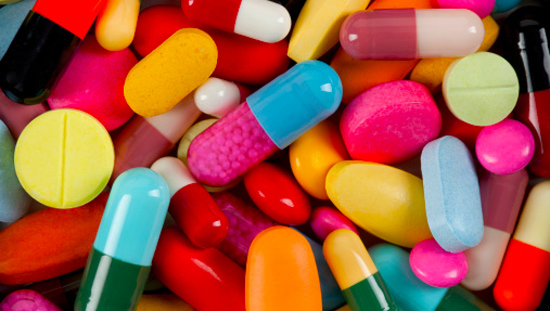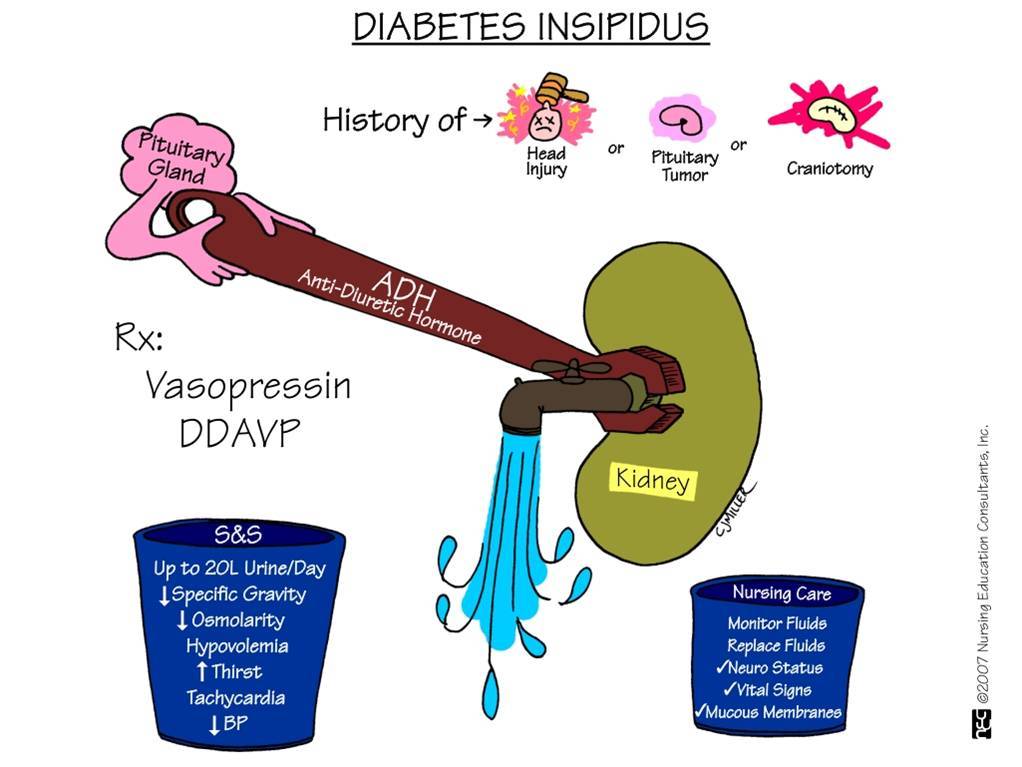Who Knows About Drugs?

Who knows about drugs? Interestingly enough, not many people! I informally surveyed ten people, which included family members, friends, and classmates. The people who knew the most: moms. The least: classmates from other disciplines. This piece of knowledge seems intuitive given the fact that moms typically have a greater understanding with medication administration given their age and experience with raising children. Moreover, most college students are relatively healthy and only consume tylenol, aspirin, or various cold remedies when needed. My questions for each person were as follows: Do you know what acetaminophen is? Do you know the generic name of Tylenol? What is the difference between Ibuprofen, Motrin, and Advil? Do you know what a NSAID is? Do you ever consume cold/flu remedies and can you list any side effects associated with them? Are you aware of safe doses or even maximum doses of Tylenol or any other drugs? Are you familiar with any homeopathic remedies and if so, for what purpose(s) do you utilize them? Do you take any medications daily and if so, do you know the dose, side effects, and indication(s) of the drug(s)? Do you always finish taking your antibiotics in full?
 Eight out of ten people did not know what acetaminophen is and similarly, only two people could tell me the generic name of Tylenol. Nobody knew the difference between Ibuprofen, Motrin, and Advil. Only three people claimed they have only heard of the word “NSAID;” nobody knew the meaning and that it was an acronym. With cold remedies, some claimed they have briefly read the side effects but admitted to only focusing on the front of the box, which lists the indications for using the drug; they then follow the directions for how frequently they can consume the drug. Four moms knew that the maximum dose for tylenol was 4 grams/day! Likewise, about half of the people I interviewed said they prefer to use homeopathic remedies mostly for stress, sleep aids, ADHD, and energy. The people that consume daily medications knew the basic reason for taking it such as “for my high blood pressure,” “for my heart,” and “for my anxiety and/or pain.” They were not aware of particular side effects but instead claimed they “feel fine” consuming these medications, but if something changed, would contact their medical provider. Only half of those who consume medications daily were aware of the actual dose. Many people admitted that they stop taking their antibiotics once they feel better so they can “save them for the next time they do not feel well and experience the same symptoms.”
Eight out of ten people did not know what acetaminophen is and similarly, only two people could tell me the generic name of Tylenol. Nobody knew the difference between Ibuprofen, Motrin, and Advil. Only three people claimed they have only heard of the word “NSAID;” nobody knew the meaning and that it was an acronym. With cold remedies, some claimed they have briefly read the side effects but admitted to only focusing on the front of the box, which lists the indications for using the drug; they then follow the directions for how frequently they can consume the drug. Four moms knew that the maximum dose for tylenol was 4 grams/day! Likewise, about half of the people I interviewed said they prefer to use homeopathic remedies mostly for stress, sleep aids, ADHD, and energy. The people that consume daily medications knew the basic reason for taking it such as “for my high blood pressure,” “for my heart,” and “for my anxiety and/or pain.” They were not aware of particular side effects but instead claimed they “feel fine” consuming these medications, but if something changed, would contact their medical provider. Only half of those who consume medications daily were aware of the actual dose. Many people admitted that they stop taking their antibiotics once they feel better so they can “save them for the next time they do not feel well and experience the same symptoms.”
 I found that people were more aware of the names of illicit drugs rather than OTC drugs. When I originally asked them about “drugs” they immediately said, “do you mean heroin, Adderall, marijuana, speed and Vicodin?” But instead of just asking them questions, I printed out the questions for each person, folded the paper in half, and answered the questions for them to reference. Education is a priority in the nursing profession. If I was not at their house for the interview, I encouraged each of them to go home and look at the medication(s) they consume or the ones sitting in their medicine cabinet. I asked them to look at the daily dose, maximum dose, indication for use, side effects, expiration date, and generic versus trade name. Additionally I asked them to share the information I provided for them with at least one other person. Education is the key to awareness and as nurses, we need to expand the knowledge of others!
I found that people were more aware of the names of illicit drugs rather than OTC drugs. When I originally asked them about “drugs” they immediately said, “do you mean heroin, Adderall, marijuana, speed and Vicodin?” But instead of just asking them questions, I printed out the questions for each person, folded the paper in half, and answered the questions for them to reference. Education is a priority in the nursing profession. If I was not at their house for the interview, I encouraged each of them to go home and look at the medication(s) they consume or the ones sitting in their medicine cabinet. I asked them to look at the daily dose, maximum dose, indication for use, side effects, expiration date, and generic versus trade name. Additionally I asked them to share the information I provided for them with at least one other person. Education is the key to awareness and as nurses, we need to expand the knowledge of others! 










